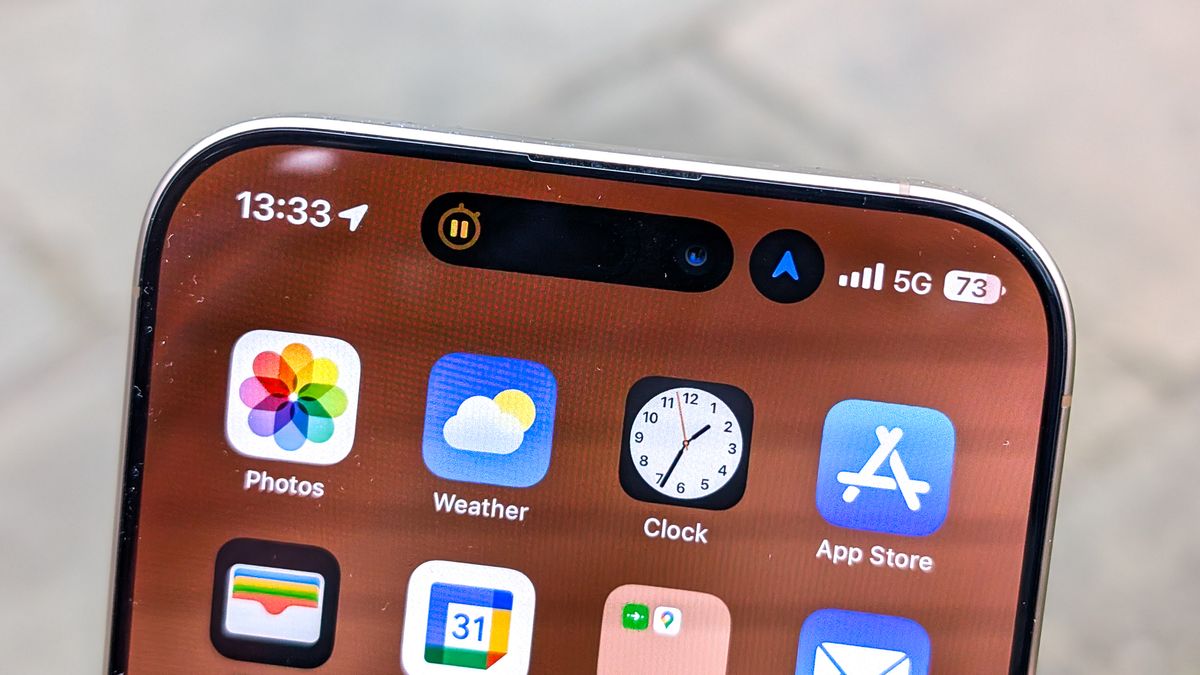The 1,200 MHz between 5.925 and 7.125 GHz was allocated to Wi-Fi in April 2020 under then-FCC Chairman Ajit Pai. The Pai-led FCC rejected the mobile industry's requests to use the band for cellular networks, saying that making the entire 6 GHz available to Wi-Fi on an unlicensed basis would promote "more efficient and productive use of the spectrum" by helping Wi-Fi speeds keep up with rising home Internet speeds.
Pai is now CEO of the CTIA, the major lobby group representing mobile carriers who want access to the 6 GHz band. Pai hailed the new law's passage in a statement.
"This critical legislation will fuel America's wireless networks with the spectrum needed to meet rapidly growing consumer demand and secure America's leadership in the industries and innovations of the future. And the tax provisions are vital to advancing infrastructure investment, creating jobs, and growing the economy," Pai said. "Particular thanks to President Trump, Senate Commerce Committee Chairman Ted Cruz, and House Energy and Commerce Committee Chairman Brett Guthrie for their bold vision and commitment."
CTIA wants upper half of 6 GHz band
A CTIA spokesperson told Ars recently that the "upper 6 GHz band is the next global 5G band" and that many countries are "using or planning to use at least the upper part of the band (6.425–7.125 GHz) for licensed commercial use." This indicates that the CTIA will be lobbying for a large chunk of 6 GHz to be allocated to mobile providers.
CTIA has repeatedly claimed that US carriers don't have enough spectrum to meet consumer demand, even though executives at major telecoms have told investors the opposite. AT&T's chief financial officer said last month that AT&T has "no pressing need" for more spectrum, but on Thursday the firm issued a statement saying the bill "creates a pipeline of midband spectrum that will help meet soaring consumer demand and keep the US technologically competitive with other countries."
.png)
 4 hours ago
2
4 hours ago
2











 English (US) ·
English (US) ·